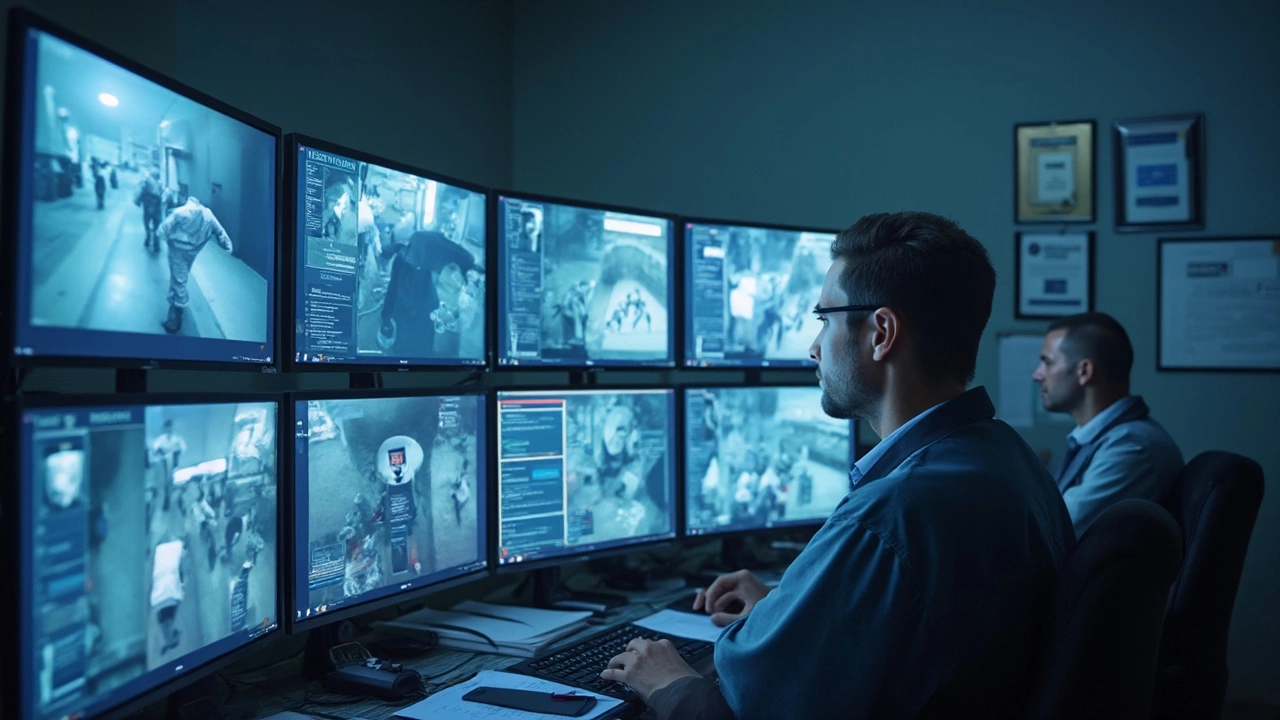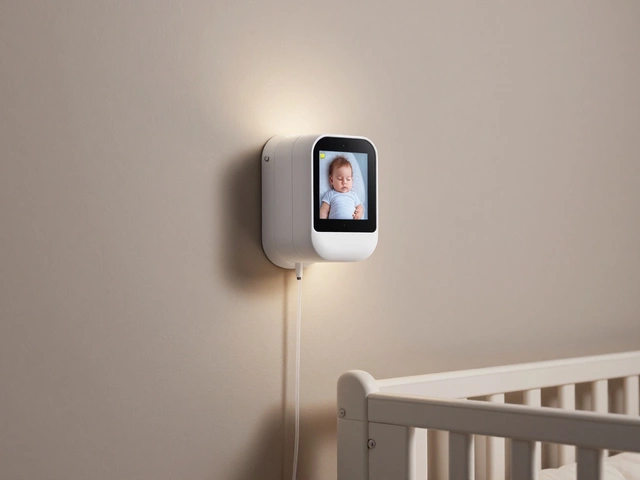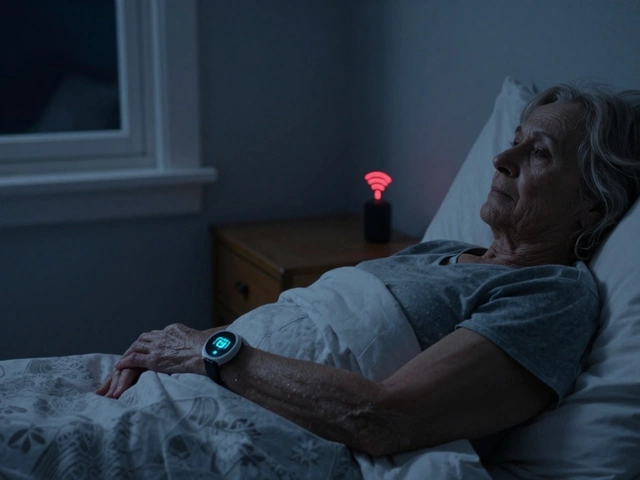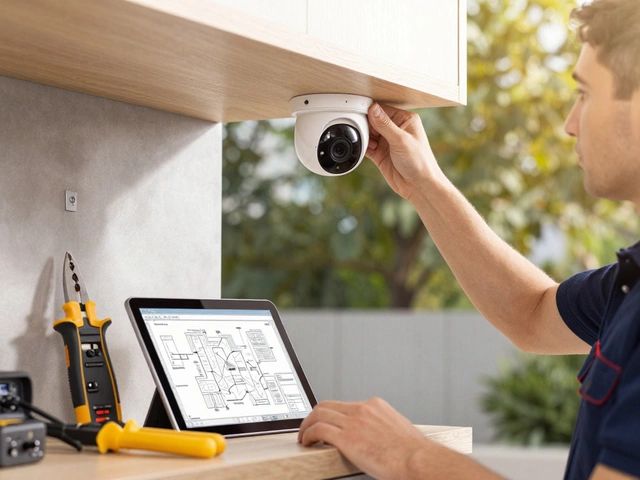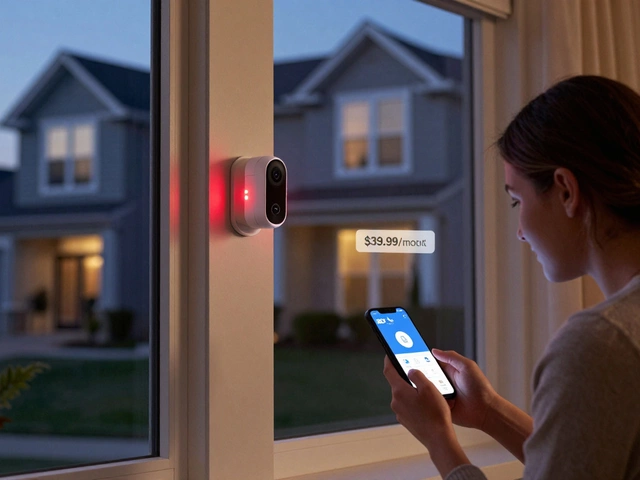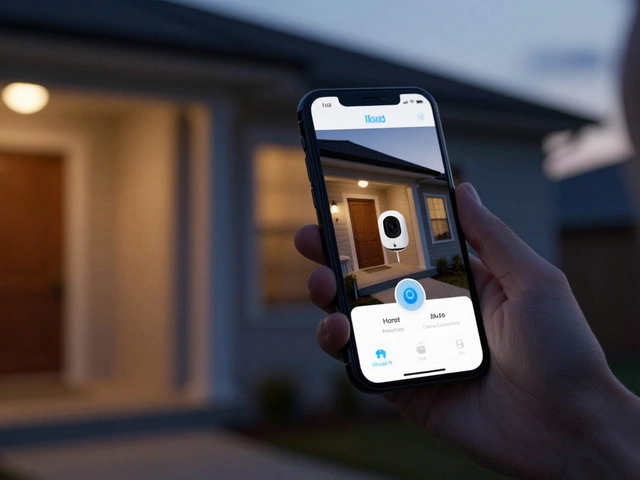CCTV Operator: Role, Skills & Why It Matters
Ever wondered who’s behind the screens that watch over your street, shop or office? That’s the CCTV operator – the person who watches live video, spots trouble, and alerts the right people. Their job is simple in idea but critical in practice.
What a CCTV Operator Actually Does
First, they sit in a control room, often with several monitors displaying feeds from dozens of cameras. They watch for anything out of the ordinary: a broken window, a suspicious person, a fire alarm. When they spot a problem, they hit a button or call the police, fire brigade, or security team. They also keep the footage organized so it can be reviewed later if needed.
Besides watching live video, operators check the health of the cameras. If a lens gets dirty, a connection drops, or a light fails, they note it and pass the issue to maintenance. This keeps the system reliable and helps avoid blind spots.
Key Skills Every Operator Needs
Sharp eyesight and quick reaction time are a must. You need to spot a small movement in a crowded scene and decide if it’s harmless or a threat. Good communication is another big one – you must convey clear, concise alerts to responders.
Operators also need basic tech knowledge. Understanding how to switch camera angles, replay footage, and adjust settings makes the job smoother. Many control centres use software that lets you zoom, pan, and tag incidents, so being comfortable with a mouse and keyboard helps.
Stress management is often overlooked but essential. During a break‑in or fire, the pressure spikes. Staying calm, following protocols, and not jumping to conclusions keep the response effective.
Training varies, but most operators go through a short course covering camera basics, emergency procedures, and data protection laws. In the UK, privacy rules mean you have to keep recordings secure and only use them for legitimate purposes.
Why does this role matter for you? A well‑run CCTV operation can cut response times, deter crime, and provide solid evidence if something goes wrong. It’s not just about watching – it’s about acting fast and correctly.
If you’re thinking about a career as a CCTV operator, start by looking for entry‑level positions at security firms or local council control rooms. Highlight any experience you have with monitoring, tech support, or clear communication.
For business owners, investing in a good operator service pays off. Choose a provider that offers 24/7 monitoring, regular camera checks, and clear incident reporting. Ask about their training standards and how they handle data privacy.
In short, a CCTV operator is the eyes and ears of modern security. They keep an ever‑watchful stare on what matters, react when things go wrong, and help keep our spaces safe. Knowing what they do helps you appreciate the silent guardians behind every live feed.

